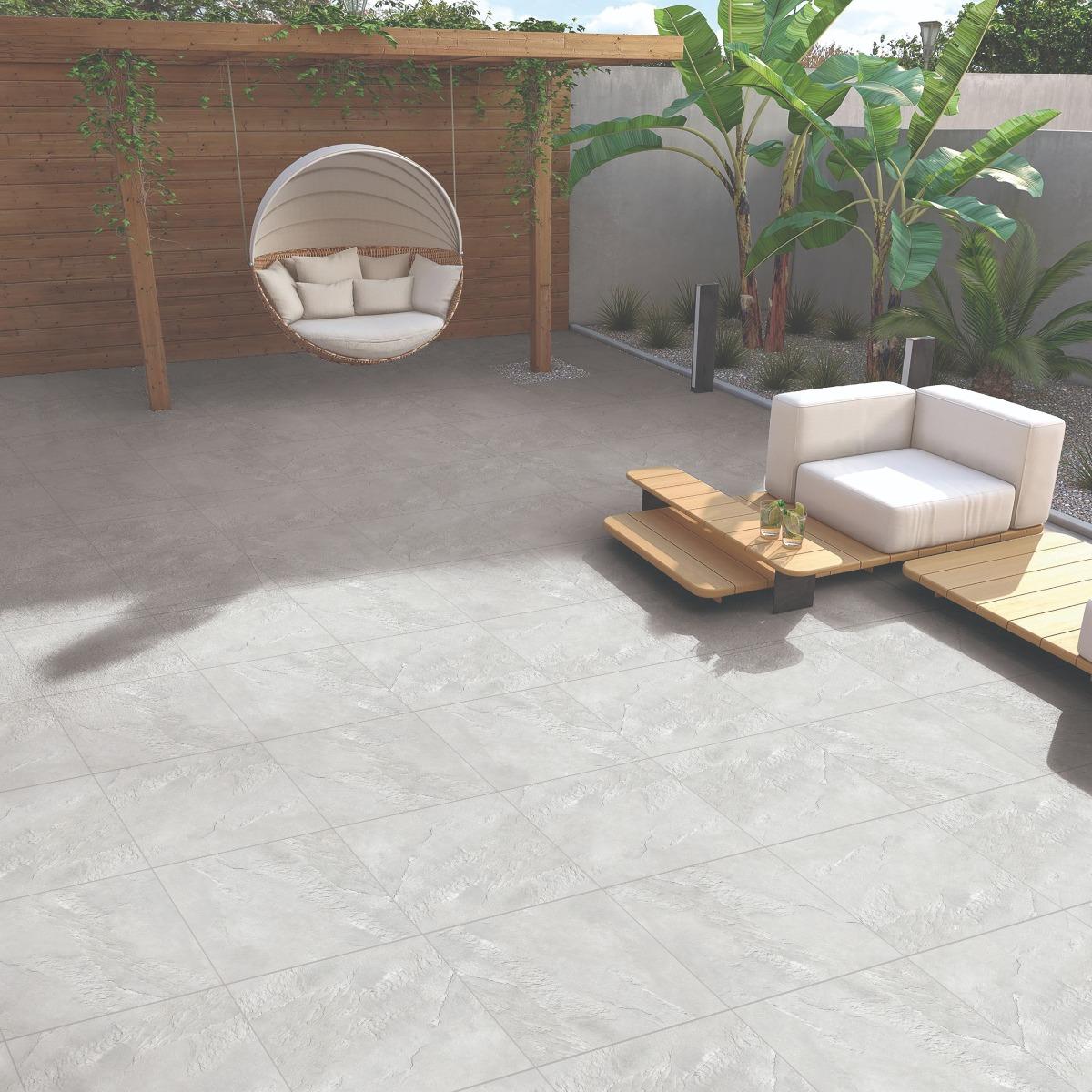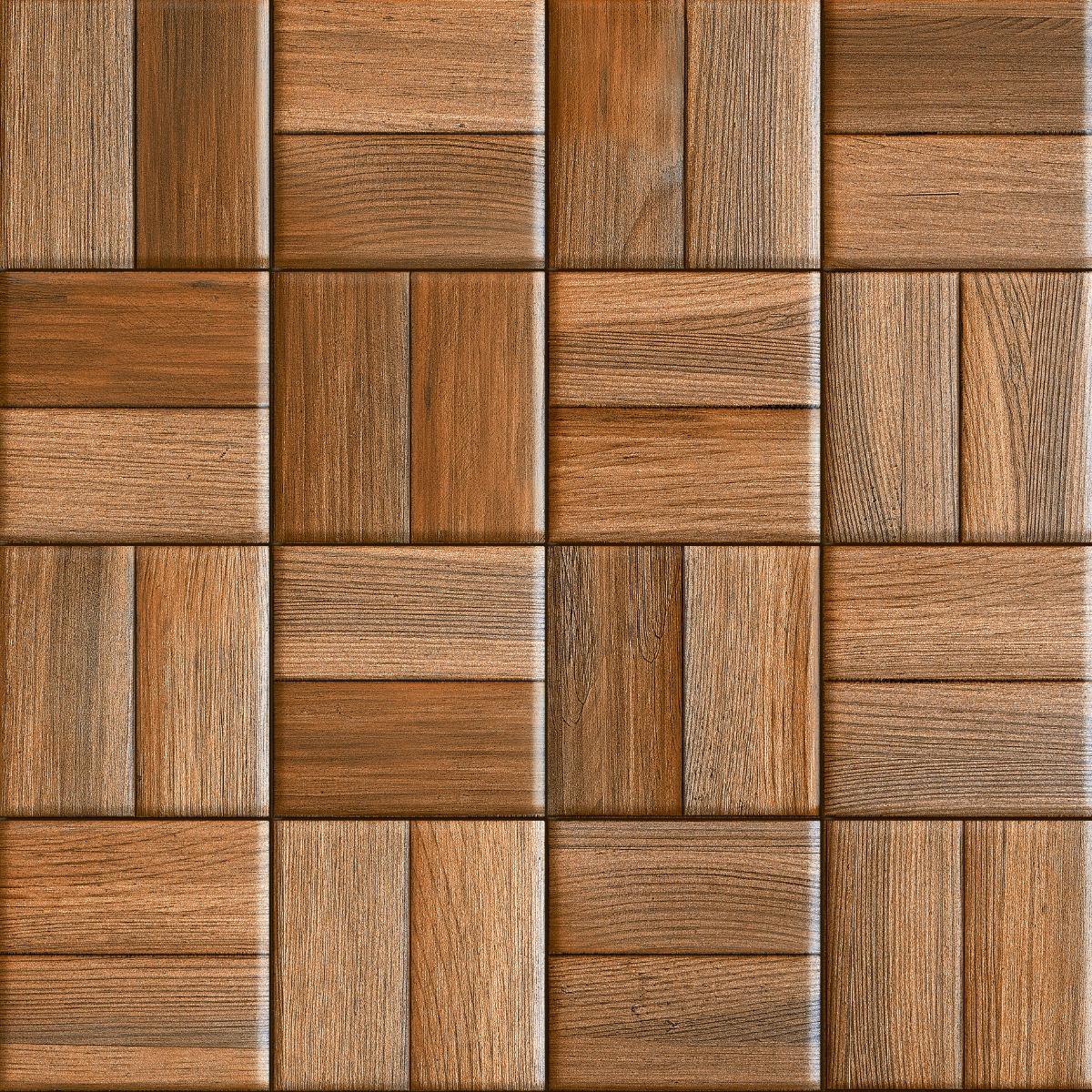22 Nov 2024 | Updated Date: 01 Sep 2025, Read Time : 3 Min
3501
How GRAP 4 Rules in Delhi NCR Are Impacting the Tile Industry
 Delhi’s struggle with air pollution has reached a critical point, especially during winter. With pollution levels reaching the worst levels, the Commission for Air Quality Management (CAQM) has imposed the Stage-IV actions of the Graded Response Action Plan (GRAP 4) to manage the rising pollution levels. As the current air quality index (AQI) in Delhi is categorised as “severe-plus”, it has crossed the 450 mark. Because of this alarming AQI level, the government has implemented strict restrictions under the GRAP 4, including a vehicle ban in Delhi, a construction ban in Delhi, and shifting schools’ classes to online mode.
Delhi’s struggle with air pollution has reached a critical point, especially during winter. With pollution levels reaching the worst levels, the Commission for Air Quality Management (CAQM) has imposed the Stage-IV actions of the Graded Response Action Plan (GRAP 4) to manage the rising pollution levels. As the current air quality index (AQI) in Delhi is categorised as “severe-plus”, it has crossed the 450 mark. Because of this alarming AQI level, the government has implemented strict restrictions under the GRAP 4, including a vehicle ban in Delhi, a construction ban in Delhi, and shifting schools’ classes to online mode.
GRAP 4 Regulations Imposed in Delhi-NCR
| Category | What’s Allowed | What’s Banned |
|---|
| Truck Entry | - Trucks carrying necessary goods.
- Vehicles powered by eco-friendly fuels like LNG, CNG, or electric energy.
| - Truck transporting non-necessary products.
|
| Non-Delhi Registered Light Commercial Vehicles | - Vehicles carrying essential goods.
| - LCVs registered outside Delhi
|
| Delhi Registered Diesel MGV/HGV | - Vehicles carrying necessary goods or services.
| - Diesel vehicles (BS-IV or below) that are in the medium and large-sized goods sector.
|
| Construction & Demolition Activities | - Small personal constructions.
| - All major construction and demolition work.
|
| Schools | - Offline and online modes both for class 10 & 12 students.
| - Shift to the online mode, with physical sessions suspended for most students.
|
What Is Allowed Under GRAP 4 Guidelines in Delhi NCR?
The GRAP 4 (Graded Response Action Plan) stage is enforced during severe air pollution levels in Delhi NCR. Under these guidelines, specific construction activities are either banned or restricted to curb dust and pollution. However, not everything halts. Essential public projects like metro work, highways, hospitals, and emergency services are generally allowed to continue. Tile installations that are part of essential repair work in occupied premises may also be permitted, depending on local authorities. Always check the latest DPCC (Delhi Pollution Control Committee) updates for clarity on permissions. Understanding what is allowed in GRAP 4 helps homeowners and contractors plan work better without facing penalties or delays.
GRAP 4’s Impact on the Tile Industry
The tile industry, particularly businesses involved in construction, manufacturing, and supply, is going to experience significant challenges due to GRAP 4 restrictions. Construction is an important element that is driving the tile sector, and the ban on construction in Delhi has an impact on the entire supply chain.
- Manufacturing Delays: Tile manufacturing needs processes that generate considerable dust, including cutting, grinding, and mixing. Considering the Delhi AQI levels this month, GRAP 4 has restricted dust-producing activities, thereby, the tile production can slow down or even completely stop. Also, the Delhi construction ban means fewer raw materials will be required, and production lines may face closure or reduced hours. This may result in delays in order fulfilment and stock shortages.
- Reduced Demand: As there is a ban on construction in Delhi, the demand for tiles in homes and commercial projects is expected to drop. The construction ban news has already triggered concerns in the market, with tile suppliers bracing for a slowdown in sales. With very few new projects underway, the tile industry is most likely to see a drop in revenue, especially from the large construction contracts.
- Supply Chain Challenges: Another consequence of the ban on vehicles in Delhi is the restriction on transporting construction materials. For tile suppliers and distributors, this could result in logistical hindrances. Since the movement of construction materials is also limited, there may be delays in the delivery of tiles to renovation or construction sites, retail stores, and warehouses. These delays could lead to increased expenses and further disruptions in the market.
GRAP 4 Construction Rules and Interior Work Restrictions
GRAP 4 building regulations categorically ban dust-producing activities—like demolition, excavation, and outdoor cutting or laying of tiles. However, interior works in occupied residences, like small tile jobs or kitchen/bathroom remodelling, may be permitted on certain conditions. These are generally permitted if they do not entail material transportation or excessive dust generation. Proper dust control methods—like tarpaulin cover, sprinkling with water at the site, or dust screens—need to be implemented. Construction workers and tile setters also must avoid outdoor material mixing or grinding. GRAP 4 tries to balance pollution abatement with permitting legitimate, non-polluting interior activity, especially in residences.
Conclusion
Implementing GRAP 4 in Delhi-NCR is a necessary and urgent step in addressing the region’s worsening pollution crisis. While the vehicle and construction ban due to Delhi’s pollution are necessary to address the alarming high AQI, these restrictions have a substantial impact on various sectors, especially the tile industry. These measures offer a glimpse of hope for a cleaner, healthier capital city, which will lead to a more favourable business environment in the long run.
FAQs
GRAP 4 is implemented when air pollution levels reach the ‘severe+’ category in the Delhi NCR area. To curb emissions, it places strict restrictions on all non-essential, dust-generating industrial activities. As a result, tile production, which involves dust-producing processes—may slow down or even come to a complete halt. These measures aim to improve air quality but can temporarily impact tiles' manufacturing and supply chain.
Yes, most outdoor construction is banned under GRAP 4. However, small-scale interior renovation in occupied homes may be allowed with proper dust control measures.
Yes, indoor painting is generally allowed if it doesn’t involve dust or outdoor work. Use low-VOC paints to comply with environmental norms.
Outdoor tile work is banned, but indoor tile installations in inhabited premises may continue with strict dust control and no outdoor material mixing.
Tile manufacturing in high-emission industries may face temporary restrictions, but tile supply to retail or project sites usually continues with regulated transport.
 600×1200 mm
600×1200 mm 600×600 mm
600×600 mm 195×1200 mm
195×1200 mm 300×600 mm
300×600 mm 300×600 mm
300×600 mm 300×450 mm
300×450 mm 300×600 mm
300×600 mm 300×450 mm
300×450 mm 300×600 mm
300×600 mm 300×600 mm
300×600 mm 300×450 mm
300×450 mm 300×600 mm
300×600 mm 600×1200 mm
600×1200 mm 600×600 mm
600×600 mm 600×600 mm
600×600 mm 600×1200 mm
600×1200 mm 600×600 mm
600×600 mm 600×600 mm
600×600 mm 600×600 mm
600×600 mm 145×600 mm
145×600 mm 600×600 mm
600×600 mm 300×600 mm
300×600 mm 600×600 mm
600×600 mm 300×600 mm
300×600 mm




























